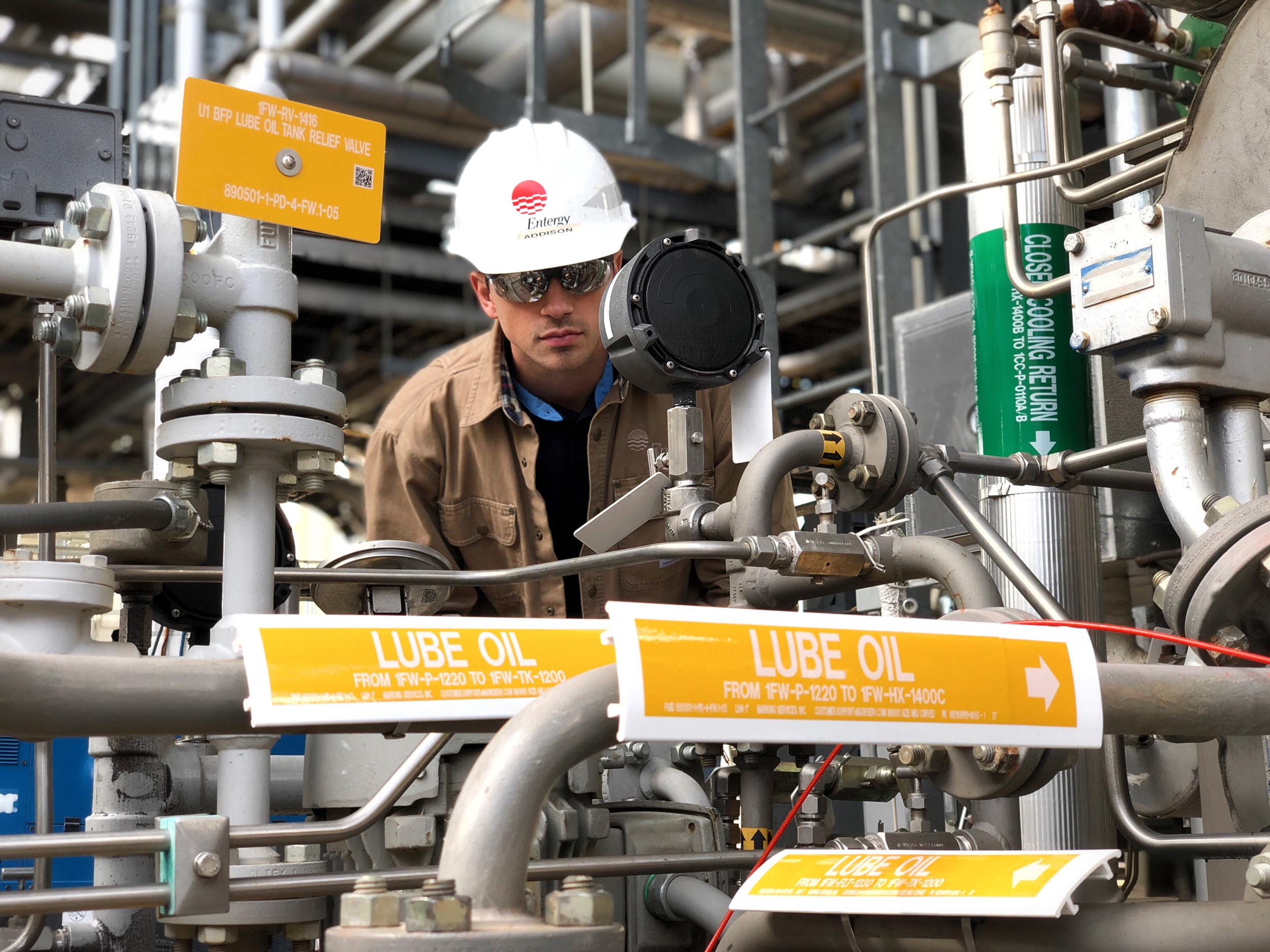
There are plenty of jobs in the industrial engineering industry in Dallas, no matter your chosen field. There are many opportunities for you to work in the field of industrial engineering, from electronics and computer manufacturers to transport equipment manufacturers. Many plants need qualified industrial engineers to ensure smooth production.
Industrial engineers help to improve processes by identifying areas for improvement and analyzing the effectiveness of these changes. Industrial engineers typically work in teams with other engineering professionals. To implement changes effectively, these professionals must have strong project management skills as well as math skills. They are also responsible to train and report. They are frequently employed by companies and small- to medium-sized businesses.
Many industrial engineers work as consultants and clients-facing professionals. Some of these roles are in business analysis, data analysis, and software development. Industrial engineers work on projects that improve production efficiency and lower costs. Many industrial engineers work in the manufacturing and transport equipment industries. They can also work in the aviation and consumer goods sectors. According to the Bureau of Labor Statistics the number of industrial engineer jobs will increase by 10% within the next decade, according to BLS.

One of the most important tasks of an industrial engineer is to identify wasteful practices within the production process. This requires that the engineer works with the right team to find opportunities for improvement. They are also responsible to save time and energy. This goal requires strong math skills as well as a desire for less waste. It can be very rewarding to work as an industrial engineer.
In Dallas and in neighboring cities, you can find jobs as an industrial engineer. Plano McKinney is Frisco. Dallas is home to the majority of industrial engineers. Other industries in need of qualified engineers include professional scientific, technical and engineering services and computer and electronics manufacturing.
Industrial engineers are often employed in a variety of roles, from a team leader to a manager. A Monster profile is a great place to start if you are interested working in industrial engineers. This site allows users to upload their resumes, create job alerts and receive expert advice. If you want to find an industrial engineering job in Dallas, start searching today.
An internship is a great option if you are interested in pursuing a career as an industrial engineer. Many industrial engineering internships require less than 30 minute commutes. These internships can help you learn valuable career skills and gain experience in the industry. An industrial engineer can take business classes along with their engineering coursework. Many universities offer IE courses in parallel and business classes.

As an industrial engineer you will work alongside other engineers and analysts in order to improve your company's operations. You may also be asked to analyze labor management standards, track labor standards and maintain labor management system.
FAQ
What are the 7 Rs of logistics?
The acronym 7R's for Logistics stands to represent the seven basic principles in logistics management. It was created by the International Association of Business Logisticians and published in 2004 under its "Seven Principles of Logistics Management".
The following letters make up the acronym:
-
Responsive - ensure all actions are legal and not harmful to others.
-
Reliable: Have faith in your ability or the ability to honor any promises made.
-
It is reasonable to use resources efficiently and not waste them.
-
Realistic - consider all aspects of operations, including cost-effectiveness and environmental impact.
-
Respectful - Treat people fairly and equitably
-
Reliable - Find ways to save money and increase your productivity.
-
Recognizable is a company that provides customers with value-added solutions.
What does it take for a logistics enterprise to succeed?
A successful logistics business requires a lot more than just knowledge. For clients and suppliers to be successful, you need to have excellent communication skills. It is important to be able to analyse data and draw conclusions. You must be able to work well under pressure and handle stressful situations. You need to be innovative and creative to come up with new ways to increase efficiency. You need to have strong leadership qualities to motivate team members and direct them towards achieving organizational goals.
It is also important to be efficient and well organized in order meet deadlines.
What skills are required to be a production manager?
A production planner must be organized, flexible, and able multitask to succeed. Communication skills are essential to ensure that you can communicate effectively with clients, colleagues, and customers.
What is the difference between a production planner and a project manager?
The main difference between a production planner and a project manager is that a project manager is usually the person who plans and organizes the entire project, whereas a production planner is mainly involved in the planning stage of the project.
Statistics
- In 2021, an estimated 12.1 million Americans work in the manufacturing sector.6 (investopedia.com)
- (2:04) MTO is a production technique wherein products are customized according to customer specifications, and production only starts after an order is received. (oracle.com)
- It's estimated that 10.8% of the U.S. GDP in 2020 was contributed to manufacturing. (investopedia.com)
- According to the United Nations Industrial Development Organization (UNIDO), China is the top manufacturer worldwide by 2019 output, producing 28.7% of the total global manufacturing output, followed by the United States, Japan, Germany, and India.[52][53] (en.wikipedia.org)
- Job #1 is delivering the ordered product according to specifications: color, size, brand, and quantity. (netsuite.com)
External Links
How To
How to Use Lean Manufacturing for the Production of Goods
Lean manufacturing is a management style that aims to increase efficiency and reduce waste through continuous improvement. It was developed in Japan during the 1970s and 1980s by Taiichi Ohno, who received the Toyota Production System (TPS) award from TPS founder Kanji Toyoda. Michael L. Watkins published the original book on lean manufacturing, "The Machine That Changed the World," in 1990.
Lean manufacturing can be described as a set or principles that are used to improve quality, speed and cost of products or services. It emphasizes reducing defects and eliminating waste throughout the value chain. Lean manufacturing is also known as just in time (JIT), zero defect total productive maintenance(TPM), and five-star (S). Lean manufacturing emphasizes reducing non-value-added activities like inspection, rework and waiting.
Lean manufacturing improves product quality and costs. It also helps companies reach their goals quicker and decreases employee turnover. Lean manufacturing is a great way to manage the entire value chain including customers, suppliers, distributors and retailers as well as employees. Lean manufacturing is widely used in many industries. For example, Toyota's philosophy underpins its success in automobiles, electronics, appliances, healthcare, chemical engineering, aerospace, paper, food, etc.
Lean manufacturing includes five basic principles:
-
Define value - Find out what your business contributes to society, and what makes it different from other competitors.
-
Reduce Waste - Eliminate any activity that doesn't add value along the supply chain.
-
Create Flow: Ensure that the work process flows without interruptions.
-
Standardize and simplify - Make your processes as consistent as possible.
-
Develop Relationships: Establish personal relationships both with internal and external stakeholders.
Although lean manufacturing isn't a new concept in business, it has gained popularity due to renewed interest in the economy after the 2008 global financial crisis. To increase their competitiveness, many businesses have turned to lean manufacturing. Some economists even believe that lean manufacturing can be a key factor in economic recovery.
Lean manufacturing is now becoming a common practice in the automotive industry, with many benefits. These benefits include increased customer satisfaction, reduced inventory levels and lower operating costs.
The principles of lean manufacturing can be applied in almost any area of an organization. Lean manufacturing is most useful in the production sector of an organisation because it ensures that each step in the value-chain is efficient and productive.
There are three types principally of lean manufacturing:
-
Just-in-Time Manufacturing (JIT): This type of lean manufacturing is commonly referred to as "pull systems." JIT is a method in which components are assembled right at the moment of use, rather than being manufactured ahead of time. This approach is designed to reduce lead times and increase the availability of components. It also reduces inventory.
-
Zero Defects Manufacturing - ZDM: ZDM focuses its efforts on making sure that no defective units leave a manufacturing facility. You should repair any part that needs to be repaired during an assembly line. This applies to finished products, which may need minor repairs before they are shipped.
-
Continuous Improvement: Continuous Improvement aims to improve efficiency by continually identifying problems and making adjustments to eliminate or minimize waste. Continuous improvement refers to continuous improvement of processes as well people and tools.